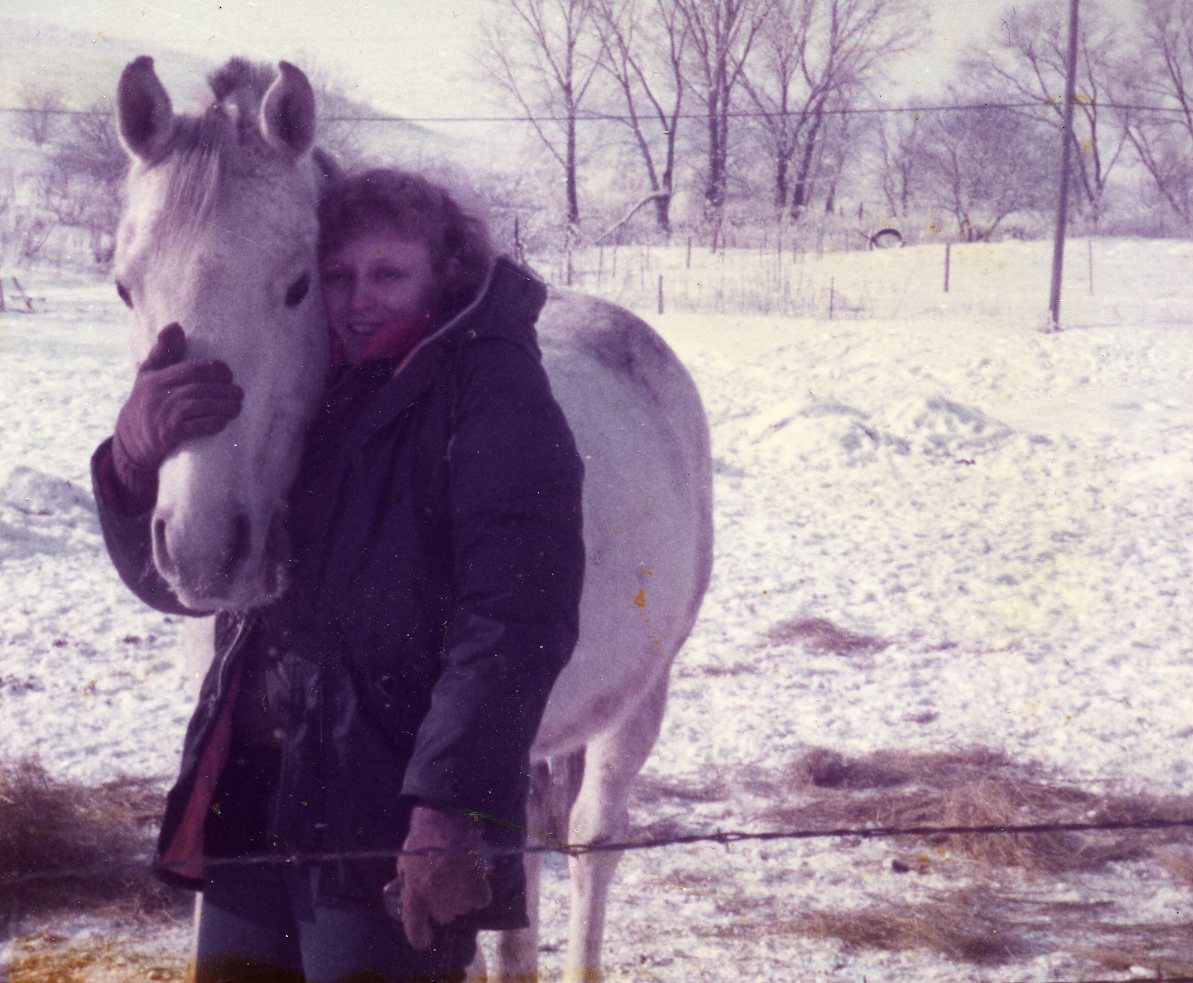
26 Oct 2020 Another ‘C’ word
COVID dominates the headlines, behaviors, and mental health, but another ‘C’ word poses a threat in winter for horse owners. Colic, the word that strikes fear in horse owners’ hearts, presents more risk to our horses in the winter months. Why?
Take a minute to consider how your behavior changes with the seasons. Typical summers encourage us to get active in the saddle, on the hiking trail, and in the water. Our bodies thrive on physical activity and challenges during the summer, but the better options surface once the mercury dips. Reorganizing the pantry becomes more palatable than taking a walk when the temperature dives.
Weight loss advertisements sprout like spring weeds in January. Why? Cold weather brings out our desire to eat more. Carbohydrates plus sweets minus exercise equals weight gain. Drinking the recommended eight glasses of water each day loses its shine when the cold gets in your bones.
Horses aren’t much different, but the consequences are more deadly.
Depending on where you live, winters can be brutal. When I was growing up, we gave the horses winters off from training and riding. The absence of an indoor arena certainly dictated our choices. Sub-zero temperatures posed a risk to our horses, too. South Dakota winters prevent a lot of popular activities! However, on the farm where I boarded my horse, the herd wandered pastures every day unless the temperature dipped below zero, and on bitter nights, horses were sheltered in the barn.
On the farm, broken-up hay bales and troughs of water were available near the barn around the clock. The sound of the tractor and the pounding on icy water troughs alerted the herd to refills! Grain was part of their buffet but wasn’t the main entree.
Extended time off, forage lacking sufficient moisture content, and near-freezing water is a recipe for horses’ disaster in the winter months. Horse owner management is key to avoiding the ‘C’ word by:
- Encourage your horse to exercise in the pasture, the indoor arena, or a round pen;
- Invest in a warmer for your water trough;
- Keep an eye on your horse’s manure production and appearance;
- Water dry hay to increase water content in your forage;
- Clean water and feed buckets regularly;
- Feed good quality, fresh hay as much as possible.
Keep your horse healthy this winter. Now, if I could only squeeze into my breeches!

